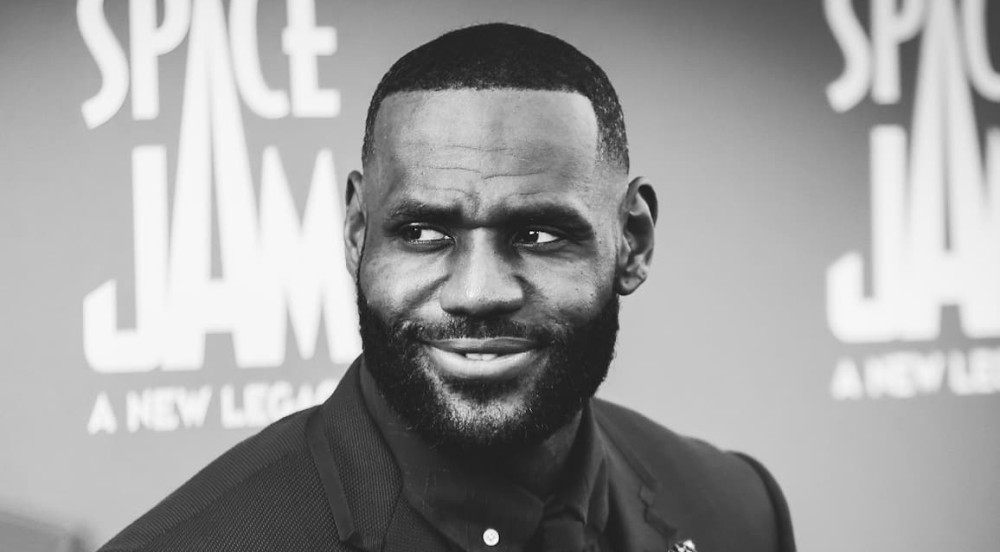For many Black tech entrepreneurs, the dream of seeing their vision become reality is often a dream deferred or even worse, deemed unachievable.
It has little to do with their effort and desire to be successful, and everything to do with an investment model that for too long did not accept, acknowledge or appreciate the innovative creativity of Black entrepreneurs in the tech world.
The professional athletes that you see on your TV, athletes who make ridiculously challenging athletic feats look routine, understand this all too well.
Because on some level, at some point along their journey towards being at the top or near the top of their respective sport, they were told that their dream was not real—at least not real enough to be accomplished.
But at some point, there were “stakeholders”—a parent, a coach, a family friend—who invested their time, talents and sometimes treasures into these athletes with the payout being that dream becoming a reality.
We’re seeing the same thing play out more and more in the Black tech world, with Black and Brown athletes investing more often in Black-owned tech companies.
One of the more recent examples of this growing phenomenon involves NBA star LeBron James and tennis great Naomi Osaka who are among the early investors in a sports technology company called StatusPRO.
"It's incredibly humbling that pioneers of their level believe in us as founders and in our vision for this industry,” said Andre Hawkins, co-founder and Chief Business Officer of StatusPro. “We always say StatusPRO is only as strong as our team, and our team just got a whole lot stronger."
In a press release announcing its investors which in addition to James and Osaka, also includes Drake, SportsPRO is described as, “a sports technology and gaming company that combines player data and XR (augmented reality and virtual reality) to create a suite of training and fan engagement products for enterprise and consumers.”
The idea of marrying sports, technology and gaming together makes a lot of sense—and potentially, a lot of money.
But history has made it clear that when it comes to Black tech entrepreneurs bringing innovative ideas to market, well, they have to get creative when it comes to finding investors.
Kudos to SportsPRO co-founders Andrew “Hawk” Hawkins and Troy Jones who are among the less than one percent of Black entrepreneurs who receive funding from traditional venture capitalist firms. They wisely targeted investors who would be in it for more than just the financial gains.
"I look for investment opportunities that can have a lasting impact on culture and society— and StatusPRO is poised to do that,” Osaka said in a statement. “It's not only going to influence gaming and entertainment (two things I am passionate about), but also the way athletes can train and analyze their performance.”
Said Jones, Chief Executive Officer of StatusPRO, “Besides the immense credibility our new investors bring to the business, they have proven the value of creating companies and brands that prioritize empowerment, diversity of thought, experience, and culture. These are some of the guiding principles of our business."
And that is why these types of investments speak to the need for diversity not only on the field of play, but also among the field of big-time, big-money players who are among the decision-makers in the world of venture capitalism.
While there has been progress made toward investments in Black startup entrepreneurs, the numbers are still woefully bad.
According to crunchbase.com, Black startup entrepreneurs received just 1.2 percent of the record $147 billion in venture capital invested in U.S. startups through the first half of this year.
It’s a painfully disappointing number to look at, for sure.
But there is an undeniable momentum shift towards Black creators unlike anything we’ve seen in recent years. Certainly the racial reckoning that has engulfed this country following the killing of George Floyd has been a factor.
More than the social justice component in all this, companies and investors are coming to the realization that at the end of the day, diversity more times than not is just good business.
While James, Osaka and the other investors are certainly mindful of how this particular investment is also an investment in diversity, at the end of the day this is about the business of making money.
To achieve that as well as bring about added diversity to the Silicon Valley types of the world, has been a long time coming.
For StatusPRO and other Black tech innovators, the dream of more equitable treatment from investors in the tech world, finally has the hope of being a dream come true and not one deferred.













